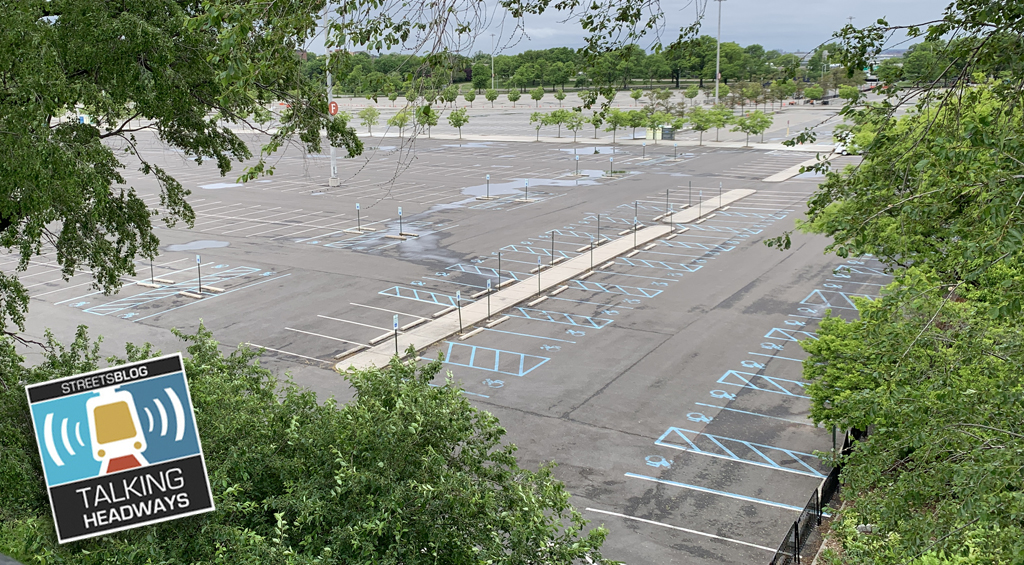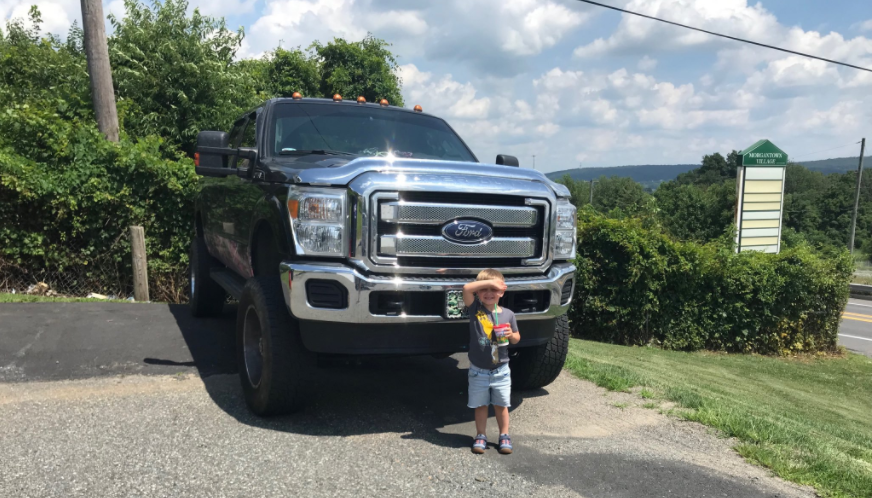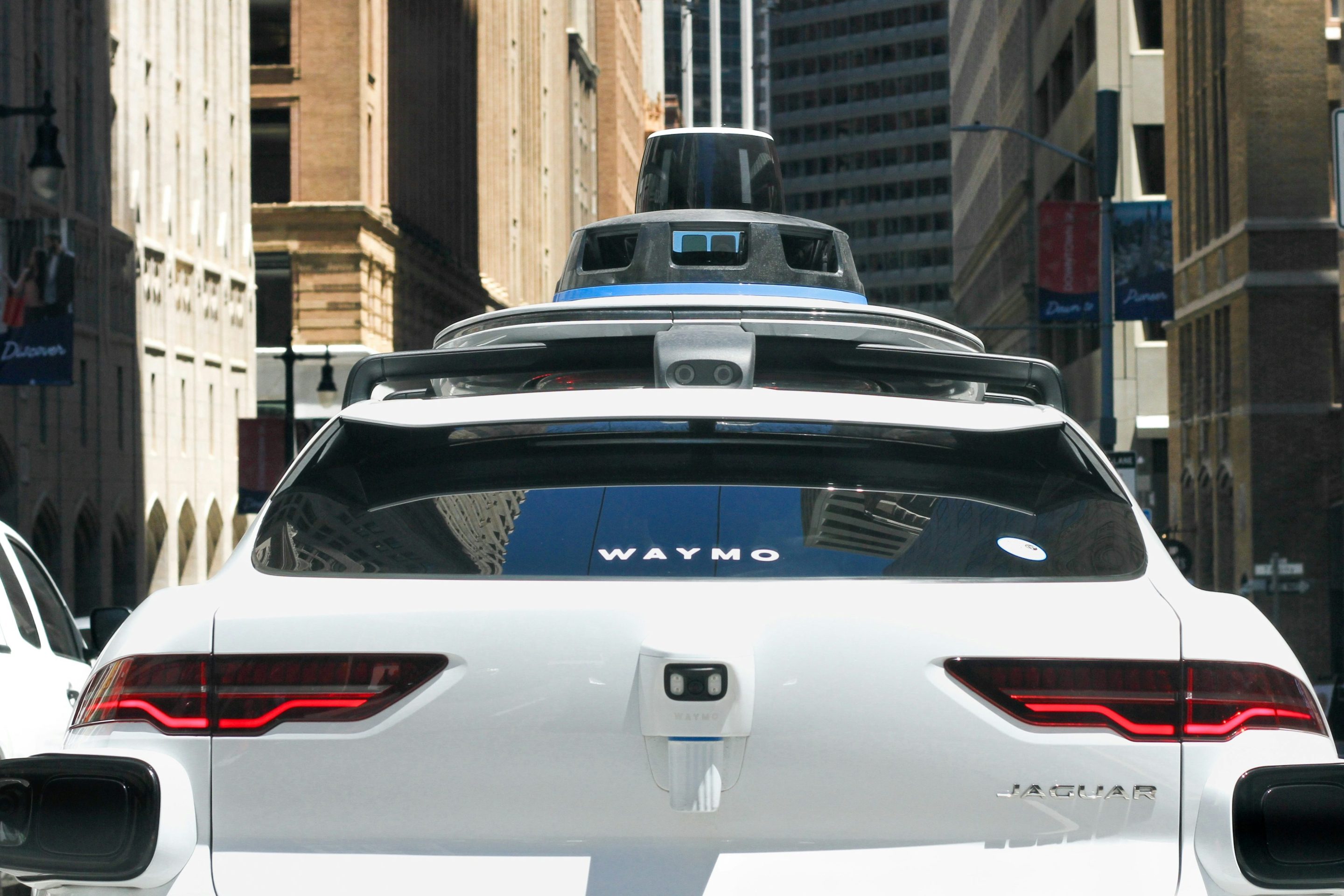In the last couple of weeks, the issue of cellphone use and texting while driving has finally been shoved into the national consciousness, thanks to an excellent series of articles by Matt Richtel in The New York Times. Even the United States Senate has been moved to sit up and take notice. Of course our attention will soon drift elsewhere, the way it does -- that's sort of the problem, isn't it? -- until some fresh incident brings it briefly to mind again.
Tom Vanderbilt had an excellent post yesterday on How We Drive about some of the practical problems and solutions raised by the Times series and related research. It's well worth reading in full, but here's a taste:
Photo by Paul Keller via Flickr.
It has been heartening to see the hard science of distracted driving
getting such prominent attention, the latest of course being the New York Times coverage of the naturalistic truck study (and keep in mind that truck drivers are statistically safer than civilian drivers) by VTTI (which I look forward to reading in its entirety), followed by today’s announcement of proposed legislation for a texting-while-driving ban
pegged to state highway funding. My only qualm with all the texting coverage is that it might push to the side the very real issue of cell-phone conversation while driving, which the cell-phone lobby and others would have us believe is not an issue -- they of course don’t want to give up those minutes, those same minutes that preciously tick away as you sit listening to the horrible and lengthy prompts to leave messages.But the idea of a legislative ban always brings up the issue of the difficulties of enforcement, and along those lines I have been wondering what alternatives (or supplementary tools) there might be to a legislative solution to the problem of wireless communication while driving.…
So what can be done? The obvious method would be simply not to do it, but this falls apart under various psychological mechanisms, like overconfidence and optimistic bias, the sort that are revealed in polls in which a majority of drivers say things like texting should be banned and yet in which a majority of drivers admit to having done it. Abstinence in phoning while driving, like “abstinence-only” sex education as a measure for combating teen pregnancy, is more effective in principle than reality.
A commenter in the earlier post on cell phone distraction makes an interesting point in this regard, however. As he notes, we can choose not to ourselves become enablers: “Consider that the cell phone conversation requires two people, at a minimum. I’ve taken a personal vow to not speak with a driver using a cell phone. When I speak to someone, I ask if they are driving and if the answer is yes, I ask them to call me back when they are parked, and I hang up. If someone places a call to me, I ask the same questions. I may not be able to influence lobbyists, and be part of the solution, but I certainly will not be part of the problem!”
This is an interesting point that I doubt few of us pay attention to: How is the conversation we have (as a non-driver) via phone with a driver potentially contributing to the reduced safety of that person, not to mention others around him?
So what about you? Are you willing to refuse to talk on the phone to people who are driving? It's a start, anyhow.
More from around the network: Smart City Memphis on the prospects for decent mass transit in that city; the Bicycle Coalition of Greater Philadelphia reports on efforts to overturn a school biking ban and implement a bike-sharing plan in Collingswood, NJ; and Transportation for America launches the Take Your Legislator to Work Challenge.





